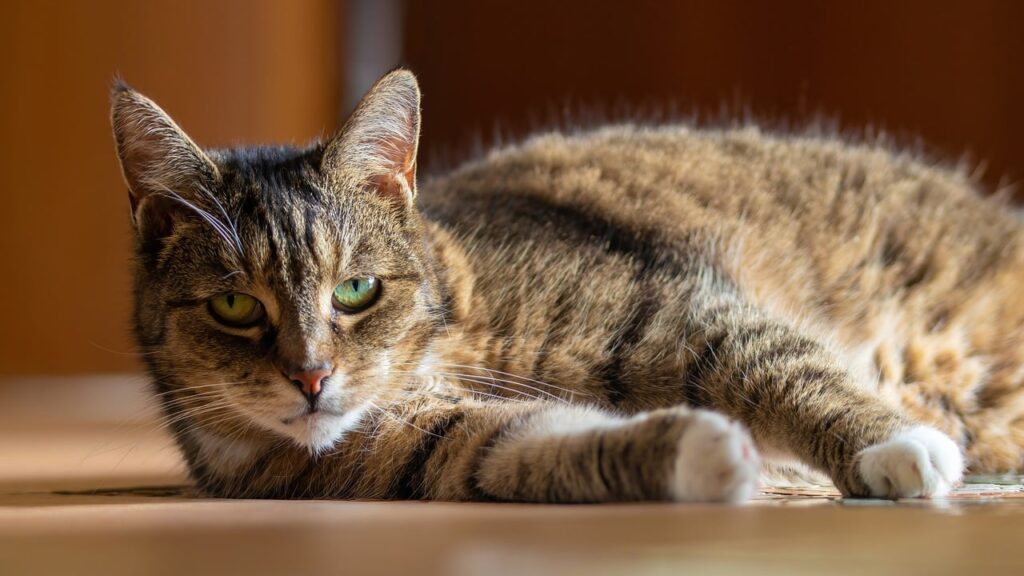Beyond the flavors themselves, the presentation of the food contributes considerably to the overall aesthetic of the wedding. The artful arrangement of dishes, making use of trendy tableware, and the incorporation of ornamental aspects all contribute in improving the visual appeal of the dining experience. Couples may select thematic table settings or distinct serving vessels to add an individualized touch to the presentation.
Beverages, too, are an integral part of the wedding catering equation. Whether it’s a signature cocktail that reflects the couple’s favorite flavors or a curated selection of red wines and spirits, the beverage menu should complement the overall dining experience. Non-alcoholic choices should also be thought about to deal with all guests and create an inclusive atmosphere.
In addition to the main dish, appetizers and hors d’oeuvres play a crucial role in shaping the culinary journey of the big day. These bite-sized delights are often the first taste of the celebration, setting the stage for what’s to come. Couples may choose to serve a selection of canapés, sliders, and even global delicacies, ensuring there is something to entice every palate.
Couples looking for a stylish and informal ambiance may select food stations, where numerous culinary delights are spread out throughout various stations, promoting motion and engagement. Food stations can vary from gourmet taco stands to sushi bars, adding an element of enjoyment to the dining experience. Whichever style is picked, it should seamlessly complement the overall style of the wedding.
When the service style is decided, attention turns to the menu itself. wedding caterers is a location where couples can let their culinary creativities run wild. From conventional and timeless dishes to ingenious and diverse offerings, the menu is a chance to display the couple’s characters and preferences.
Logistics are another important aspect of wedding catering that needs mindful consideration. Coordination with the catering group, the place, and other vendors is important to ensure a smooth and pleasurable dining experience for the couple and their guests. Factors such as the number of guests, dietary constraints, and even the timing of the meal in relation to the other wedding occasions need to be considered to ensure everything runs efficiently.
Planning a wedding is a monumental task that involves meticulous attention to detail. Amongst the myriad decisions to be made, one aspect that holds specific significance is wedding catering. The food served at a wedding is more than simply nourishment; it is an integral part of the celebration, reflecting the couple’s tastes and setting the tone for the whole event.
In the world of wedding catering, the choices are as diverse as the couples themselves. From luxurious multi-course meals to more casual and intimate affairs, the choices are vast and can accommodate a series of preferences and spending plans. The key lies in aligning the culinary experience with the couple’s vision for their special day.
Numerous couples today are choosing personalized and bespoke menus that show their cultural backgrounds, shared memories, or favorite cuisines. Incorporating family dishes or local specialties can add an emotional touch to the dining experience, developing a meaningful connection in between the couple, their households, and the guests.
A crucial initial step in the wedding catering process is choosing the kind of service that best matches the couple’s style and the overall atmosphere they wish to create. Buffet-style catering offers an unwinded and interactive dining experience, enabling guests to choose from a selection of dishes. This style encourages mingling and a more laid-back atmosphere. On the other hand, plated meals exude a sense of rule and sophistication, with each guest being served a pre-determined set of courses.
As sustainability ends up being a progressively essential consideration in all aspects of life, including weddings, eco-conscious couples are extending their commitment to the environment to their option of catering. From locally sourced ingredients to decreasing food waste and opting for compostable or recyclable serving ware, there are numerous methods to make wedding catering more environmentally friendly.
In conclusion, wedding catering is a complex and dynamic aspect of wedding planning that exceeds simple nourishment. It is a chance for couples to curate a culinary experience that reflects their tastes, personalities, and the overall atmosphere they wish to create for their special day. From the service style to the menu, presentation, and logistics, every detail contributes to the smooth integration of food into the celebration, ensuring that the wedding is a banquet for the senses and a remarkable experience for all.
Recently, the principle of interactive dining experiences has gotten popularity on the planet of wedding catering. Live cooking stations, where chefs prepare dishes on-site, add an element of home entertainment and engagement to the culinary journey. This not only offers a sensory experience for the guests but also allows them to witness the workmanship behind each meal.
Subscribe to Updates
Get the latest creative news from FooBar about art, design and business.
4 Mins Read
